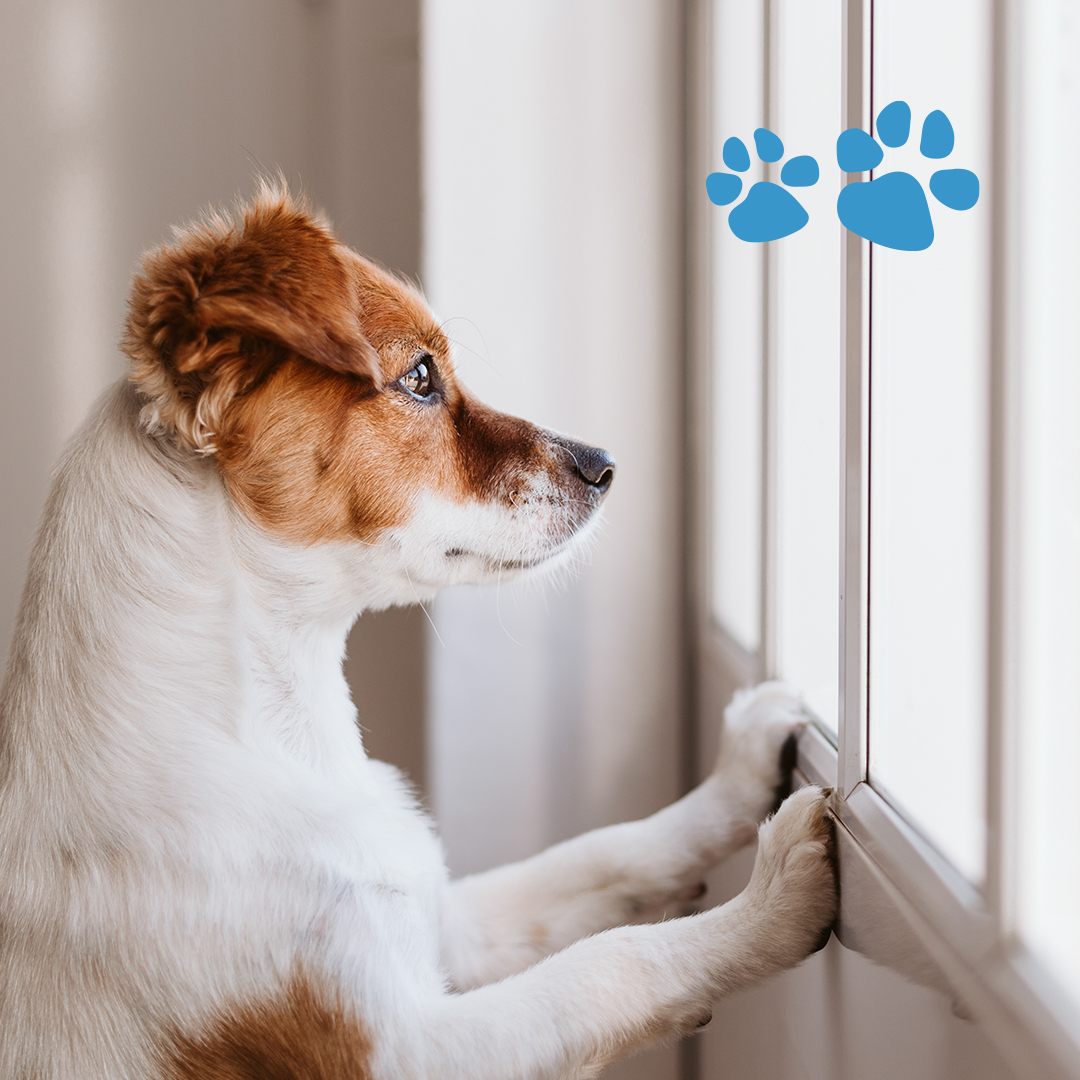Six Tips for Treating Your Dogs Separation Anxiety

Do you have a pup at home that is destroying furniture, chewing shoes, or going to the bathroom inside the house?
These are all common symptoms of separation anxiety, which means that your dog is uncomfortable being left home alone.
Because dogs are social animals, it is not natural for them to be away from their social group for long periods. Most dogs can be left alone for some time with no problems, but unfortunately, if your dog is exhibiting these traits, he or she is not one of them. You will have to put in some work to help them get over the fear of being alone, and luckily, we have some advice. Keep reading for six tips for treating your dog's separation anxiety.
Understanding Separation Anxiety
The first step in treating your pet's anxiety is educating yourself. Dogs can display stress and fear in many ways, so if your dog exhibits one or two of these behaviors, there may not be a need for concern.
However, if they regularly show many of these behaviors listed below, your dog likely has separation anxiety. While these behaviors commonly occur while you are away, dogs can start to show them as you prepare to leave.
• Drooling and panting.
• Excessive barking or howling.
• Whining, pacing, or trembling.
• Urinating or defecating in the house
• Chewing, scratching, digging, and other destructive behavior.
• Escape attempts.
• Not eating their food.
Practice Makes Perfect
Help your dog understand that you are not abandoning them every time you leave the house. Practice by leaving and returning before they get upset.
Some dogs may require small steps in which you pick up your keys, walk out the door, and walk right back in. For other dogs, you might be able to walk outside for a few minutes before entering your home. Continue to increase the amount of time you leave as your dog gets more comfortable with goodbyes.
Keep Them Active
Tired pups are happy pups! A well-exercised dog means a content and less anxious dog. Before you leave for an extended period, make sure your dog gets some exercise like a long walk or run.
Take the Drama Out of Departures
Work on no eye contact, touch, or talking before leaving. And remain calm but assertive at all times! Usually, when people have a dog with separation anxiety, they often make a big to-do before they leave the house "don't worry, mommy will be home soon." And then make an even bigger deal when they get home. These habits do not help your dog with anxiety; in fact, it is feeding into it. When you do these things, you create inconsistencies with positive and negative connotations between the time you are home and the time you are away.
Because of this, try not to have long goodbyes or overly dramatic greetings. Keep your goodbyes calm and controlled.
Make Sure Your Dog Is Comfortable
Your dog needs to have a place to go when you leave where he or she feels safe and secure. Start teaching them a simple "go to your bed" command and praise and reward her when they go.
Give her lots of attention and love when she is lying in her bed. In fact, you should make this the only place where she gets this kind of attention while trying to treat the separation anxiety. Your pup will soon find it very reassuring to be in bed, and it will become a place of sanctuary.
Make Alone Time Rewarding
Give your dog a special treat that they only get when you leave, like a frozen Kong filled with peanut butter or a snack that will take them a while to eat. It's crucial that they only get this special treat when you are gone.
Research Doggie Daycare Options
At College Road Doggie Daycare, dogs can run and play, get plenty of exercise, and may even learn a new command or two. Paired with dogs of similar size and personality, College Road dogs enjoy endless socialization with their friends.
You'll pick up a tired but happy dog who will be begging you to bring them back for more daycare!
Sometimes, separation anxiety can't be treated without the help of a professional. Severe cases often need to be treated with medications, so consulting a veterinarian at College Road or Carolina Beach Animal Hospital may be a necessary step in the process. For more information and guidance on separation anxiety, make an appointment with the College Road or Carolina Beach Animal Hospital staff today.

